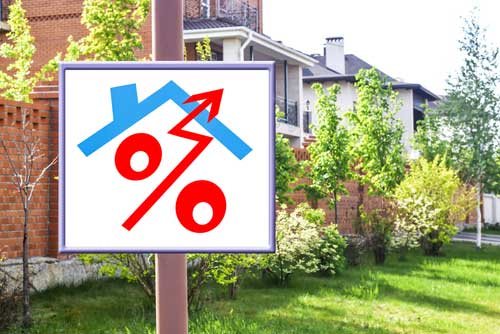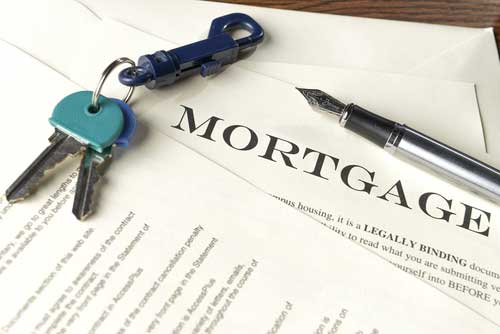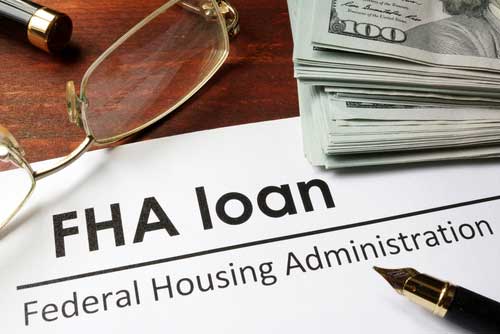Compare The Best Mortgage Rates in Mill City, OR

Compare Mill City, OR Mortgage and Home Loan Rates
When you are on the search for a new home or are considering buying a new one, finding the best mortgage rates possible in Mill City, OR will be an important part of the decision. Using MyRatePlan will help your search go smoother by giving you the tools and information that is needed right at your fingertips. You don't want to end up paying a higher interest rate than you need to when you are buying a home, and by comparing different mortgage rates, we can help make sure that you won't!

How to Find the Best Mortgage Rate in Mill City, OR
When people are interested in purchasing a home in Mill City, OR, they almost always need a loan to cover the bulk of the cost. Even the most inexpensive homes still tend to start at about $50,000, making it near impossible for the typical buyer to pay cash for a home. That makes a mortgage necessary, and the lower the interest rate, the less the buyer will pay over the term of the loan. There are several steps any homebuyer needs to take to get the lowest interest rate possible during their home loan application process. Although real estate agents usually provide home buyers with information on preferred lenders that the agents have worked with in the past, it's best to avoid putting too much stock in these recommendations. The agent's main goal is typically to get the deal closed as soon as possible, whereas the buyer's goal is to score a low interest rate. It's also a complicated process to obtain a mortgage, especially for first-time buyers. It's essential for buyers to be patient and check out interest rates for mortgages online to get a full picture of what's available. The MyRatePlan mortgage rate tool is perfect for seeing the top mortgage rates in Mill City, OR. Buyers also need to get their credit scores as high as they can, because that has a major impact on what mortgage rates they'll qualify for.

Different Types of Mortgages on the Market in Mill City, OR
Since different types of buyers have different mortgage needs, there are many different home loan products out there. Two important mortgage types every borrower needs to understand are fixed-rate mortgages and variable mortgages.
When a home loan has one interest rate throughout its entire term, no matter the length, then it's a fixed-rate mortgage, which got that name because the interest rate is fixed in place. Since the interest rate never changes, the monthly payment amount doesn't either, and the borrower will always know what their monthly payment is going to be. This is true even if they have a 30-day mortgage. Fixed-rate mortgages tend to be a smart, low-risk option, because the borrower doesn't need to worry about their interest rate increasing and suddenly having a higher home payment every month as a result.
The other option is an adjustable-rate mortgage (ARM) in Mill City, OR. As the name suggests, this is a mortgage where the interest rate adjusts on occasion. A popular variation on this is a hybrid ARM, which essentially combines the fixed-rate mortgage with the ARM. For a predetermined initial period of time, the hybrid ARM operates as a fixed-rate mortgage with one interest rate. After that initial period ends, it switches to an ARM with an interest rate that changes on a specific schedule. An example would be a 5/1 ARM home loan. That five indicates that the home loan has one interest rate for the first five years, and then it switches to an adjustable rate. That one indicates that the interest rate adjusts every one year after the initial period. The obvious drawback with ARMs and hybrid ARMs is that the borrower could end up paying more if interest rates go up.

FHA Home Mortgages in Mill City, OR
Buyers must decide on whether to get a fixed-rate home loan or an ARM, but that isn't the only decision. They also need to figure out if they will go with a mortgage backed by the government or a more traditional home loan. Those traditional home loans don't have any insurance provided by the federal government. There are three types of mortgages that have government backing, which are FHA loans, USDA loans and VA loans.
An FHA loan is backed by the Federal Housing Administration, which is the Department of Housing and Urban Development's program for insuring home loans. One great aspect of FHA mortgages in Mill City, OR is that it's not just first-time homebuyers who can get them, but any buyer. FHA mortgages have benefits for both the borrower and the lender. The borrower can get their home loan while making a significantly lower down payment, sometimes as little as 3.5 percent of what the home costs. The lender is protected from any losses due to a borrower defaulting by the government insurance. The drawback for borrowers is that they're required to cover the cost of mortgage insurance, which means larger home payments every month.

Refinancing Mortgages in Mill City, OR
In Mill City, OR, refinancing a mortgage loan is like applying for a new one. The end result of this is that one may have to pay closing costs or any other fees required. This is, however, done when the loan is approved. If one seeks to refinance for the sake of enjoying lower rates, they should carefully consider the consequences of refinancing. The extra costs may offset some savings that one sees from refinancing. The exception to this rule is when one is refinancing from an adjustable rate loan to a fixed-rate loan. The reasoning is that the rates are more likely to go up in the future rather than going down.
Appearing as low-risk is the best strategy for those looking to refinance their mortgage. This can be achieved by keeping one's credit score above 700, keeping one's debt-to-income ratio low, and applying for a fixed-rate loan facility.
Compare The Best Mortgage Rates in
Find Other Services in Mill City, OR
ZIP Codes in Mill City, OR
- 97360


 Menu
Menu